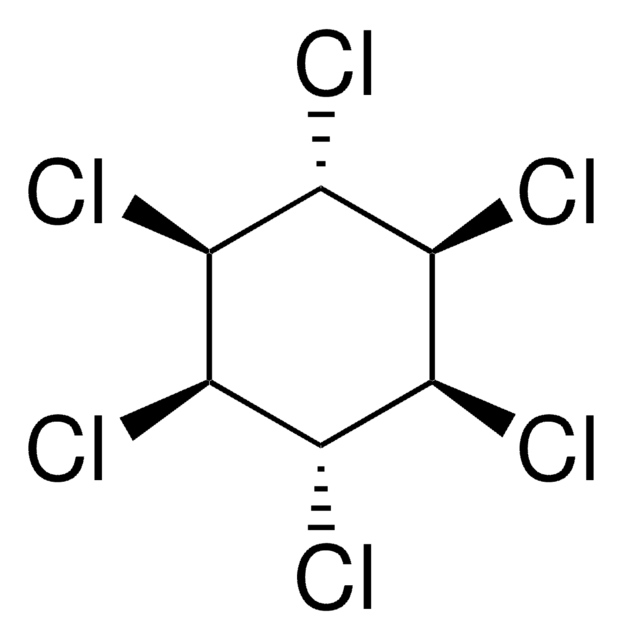35845
DCFHDA
BioReagent, suitable for fluorescence, ≥95% (HPLC)
Synonym(s):
2′,7′-Dichlorofluorescein diacetate, Diacetyldichlorofluorescein
About This Item
Recommended Products
product line
BioReagent
Assay
≥95% (HPLC)
mp
232-234 °C (lit.)
solubility
DMSO: soluble
fluorescence
λex 504 nm; λem 524 nm in 0.1 M Tris pH 8.0 (esterase)
suitability
suitable for fluorescence
storage temp.
2-8°C
SMILES string
CC(=O)Oc1cc2Oc3cc(OC(C)=O)c(Cl)cc3C4(OC(=O)c5ccccc45)c2cc1Cl
InChI
1S/C24H14Cl2O7/c1-11(27)30-21-9-19-15(7-17(21)25)24(14-6-4-3-5-13(14)23(29)33-24)16-8-18(26)22(31-12(2)28)10-20(16)32-19/h3-10H,1-2H3
InChI key
VQVUBYASAICPFU-UHFFFAOYSA-N
General description
Application
Dcfh-DA is used in the quantitative assay to measure oxidative stress in nanoparticle-treated cells.
Storage Class Code
11 - Combustible Solids
WGK
WGK 3
Flash Point(F)
Not applicable
Flash Point(C)
Not applicable
Personal Protective Equipment
Certificates of Analysis (COA)
Search for Certificates of Analysis (COA) by entering the products Lot/Batch Number. Lot and Batch Numbers can be found on a product’s label following the words ‘Lot’ or ‘Batch’.
Already Own This Product?
Find documentation for the products that you have recently purchased in the Document Library.
Customers Also Viewed
Our team of scientists has experience in all areas of research including Life Science, Material Science, Chemical Synthesis, Chromatography, Analytical and many others.
Contact Technical Service











